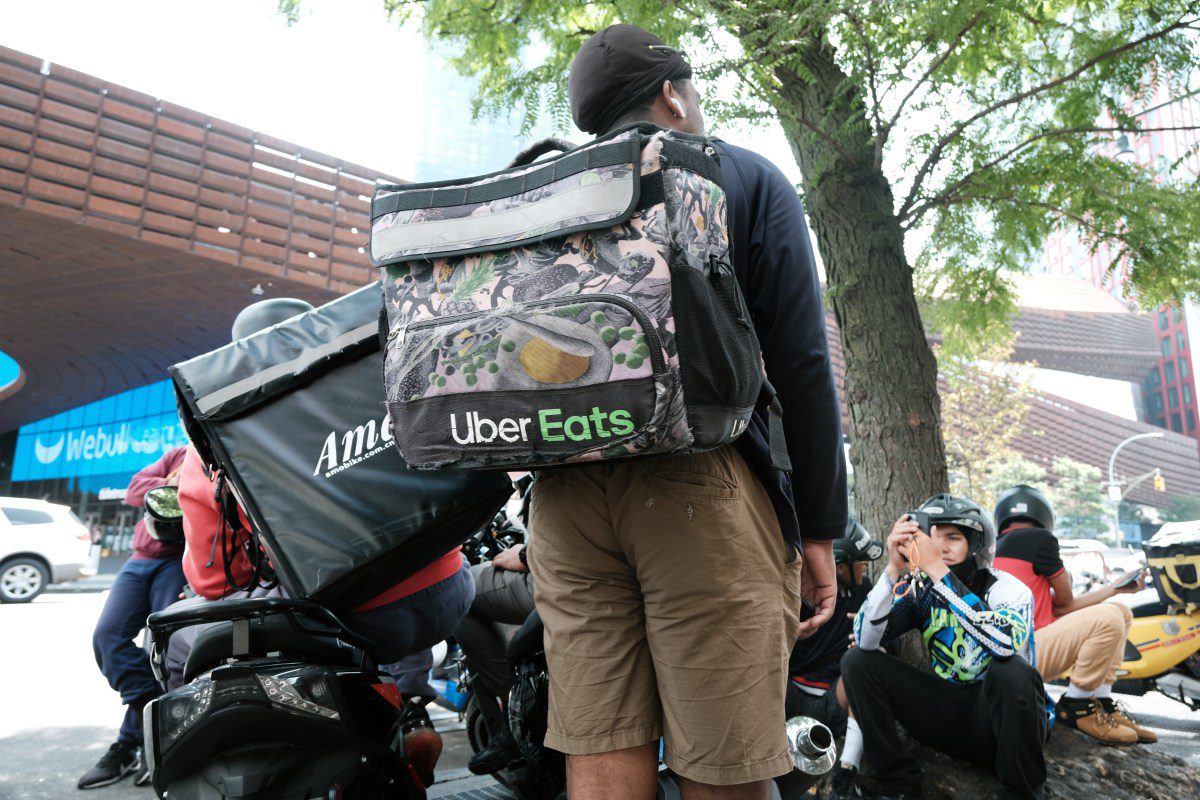
Uber, the prominent ride-sharing company, has initiated legal action against DoorDash, alleging that the food delivery service is suppressing competition by coercing restaurant owners into exclusive contracts.
In a lawsuit filed in California’s Superior Court, Uber contends that its primary competitor is exerting pressure on restaurants to partner exclusively with DoorDash. The complaint claims that DoorDash, which dominates the U.S. food delivery industry, intimidates restaurants with threats of hefty penalties or jeopardizes their visibility and ranking on the DoorDash platform.
Uber specifically alleges that DoorDash coerces establishments to enter into exclusive or almost exclusive agreements for first-party delivery services, meaning DoorDash insists on being the sole provider for orders made through the restaurants’ own websites, according to Uber.
In response, a DoorDash representative stated via email to TechCrunch, “Uber’s case has no merit. Their claims are baseless and stem from their inability to deliver a quality alternative for merchants, consumers, or couriers.”
Uber Eats and DoorDash are recognized for their apps that link restaurants to customers and gig workers. Consumers utilize these platforms to order various cuisines, such as pizza, egg rolls, or pad thai, which are then delivered by gig workers.
Both companies also provide their own white-label delivery solutions—Uber Direct and DoorDash Drive on-Demand—launched in 2020. These options are cost-effective for restaurants, enabling customers to order directly from restaurants’ websites and apps, while Uber and DoorDash oversee the delivery logistics.
Uber claims that DoorDash manages first-party deliveries for over 90% of the largest restaurant chains in the U.S., alleging that DoorDash employs anticompetitive tactics to secure its market position.
“Over 1 million merchants work with Uber Eats because we help them access a broader customer base and empower them to choose their own delivery growth strategies,” remarked Sarfraz Maredia, Uber’s head of delivery in the Americas, in a written statement. “We’ve received numerous complaints from restaurants who feel that DoorDash’s methods are restricting their options and punishing them for seeking out better solutions. We hope this lawsuit halts these unfair practices, allowing restaurants to choose what benefits them without fear of punishment.”
One illustrative case cited in the lawsuit mentions that a notable “significant restaurant company” informed Uber it would not pursue the implementation of Uber Direct across its multiple brands after DoorDash allegedly threatened to increase their service fees if they continued to use Uber Direct.
Uber argues that this incident is not isolated, as numerous clients have expressed feeling as if they have a “gun to their head,” labeling DoorDash a “monopolist” and stating they experience bullying tactics from the company.
Uber is seeking a jury trial in this case but has not disclosed the specific damages being claimed. Nonetheless, the company asserts that such anticompetitive practices have caused “millions of dollars in lost revenue” while also hindering the growth of Uber Direct.









